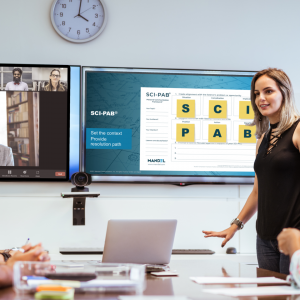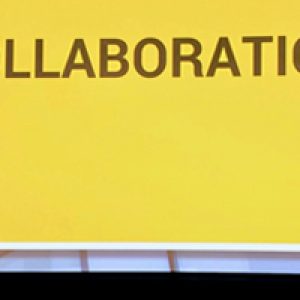Imagine this scenario. You’re at home and you want to learn something. What do you do? Watch a video on YouTube, Google it, find directions on Waze, ask Alexa, get the news on Twitter. As consumers, we’ve been conditioned to expect a certain experience. So why is it that our experience at work is so vastly different? This week, Mandel Executive Director Kate Day writes about how technology has forever changed learner expectations and what the implications are for businesses. She also has some “from-the-trenches” advice on how learning and development organizations can seize this moment as an opportunity to reimagine the user experience for your employees and, in turn, your customers.














